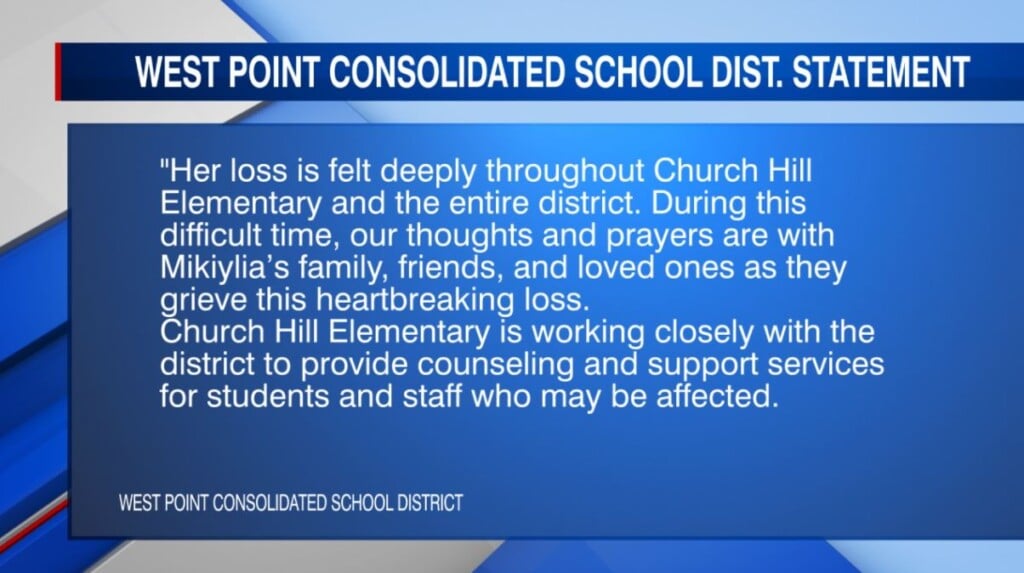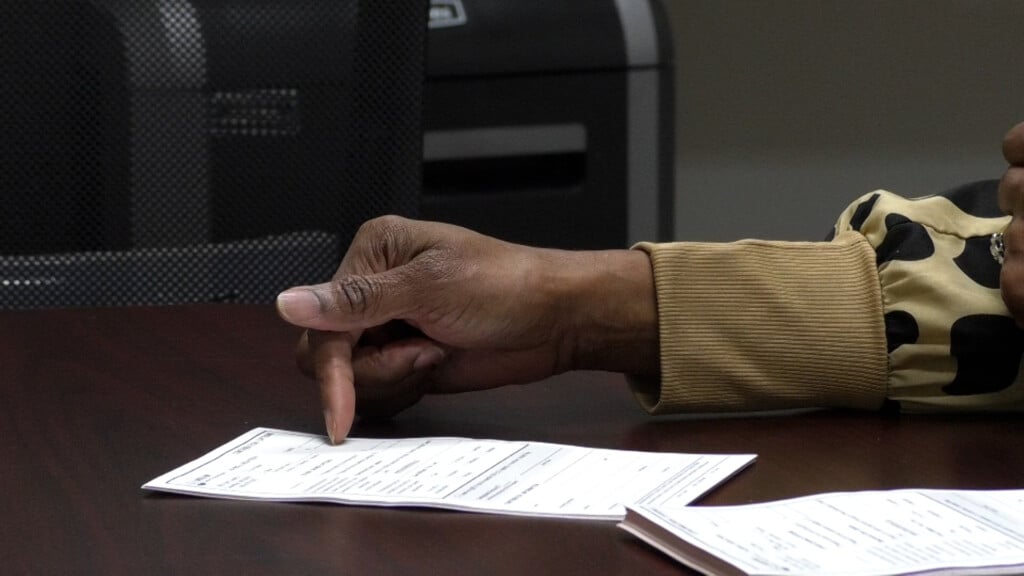Are men accused of sexual misconduct getting due process by their employers?
NEW YORK — Paul Marciano has resigned as executive chairman of the fashion brand Guess following accusations of sexual misconduct. Marciano, without admitting to any wrongdoing, has settled with five accusers, including model Kate Upton.
The investigation into allegations of sexual harassment and assault by Paul Marciano began in February, a few weeks after model and actress Kate Upton tweeted: “It’s disappointing that such an iconic women’s brand Guess is still empowering Paul Marciano as their creative director.”
According to a company filing with the securities and exchange commission, the allegations against Marciano included “claims of inappropriate comments and texts, and unwanted advances including kissing and groping.”
“This is literally the least that Guess could do,” said Lisa Bloom, an attorney who represents four of the women who settled with the company. “I think it’s time for Guess to make a public statement condemning Marciano I am a big believer in apologies I would like to see him apologize.”
Marciano co-founded Guess in 1981 alongside his brothers, and helping propel the careers of so-called Guess girls, into now famous supermodels like Claudia Schiffer, Naomi Campbell and Anna Nicole Smith.
In a February interview with Time magazine, Upton alleged Marciano groped her breasts and thighs, allegations that Marciano denies.
The “#MeToo” movement has emboldened women to speak out against sexual misconduct, but now some are questioning whether the men accused have a right to due process by their employers. But CBS News legal analyst Rikki Klieman says private employers are not bound by due process.
“Men who have been accused of any kind of sex harassment or assault in the workplace, they are not getting any kind of due process even though no process is due to them in the private sector,” Klieman said.
© 2018 CBS Interactive Inc. All Rights Reserved.




Leave a Reply